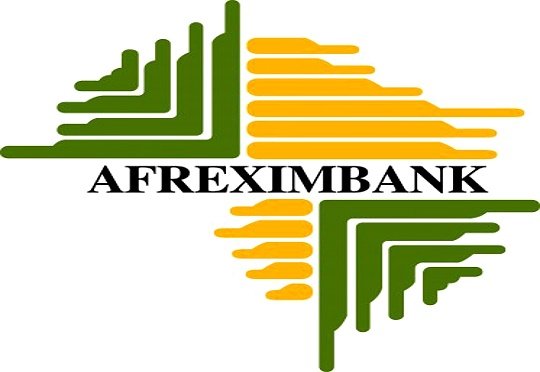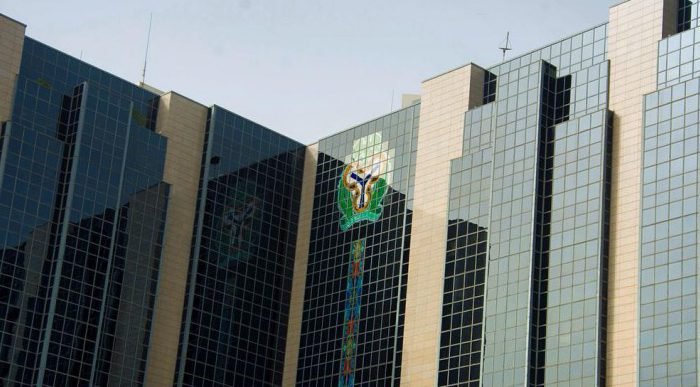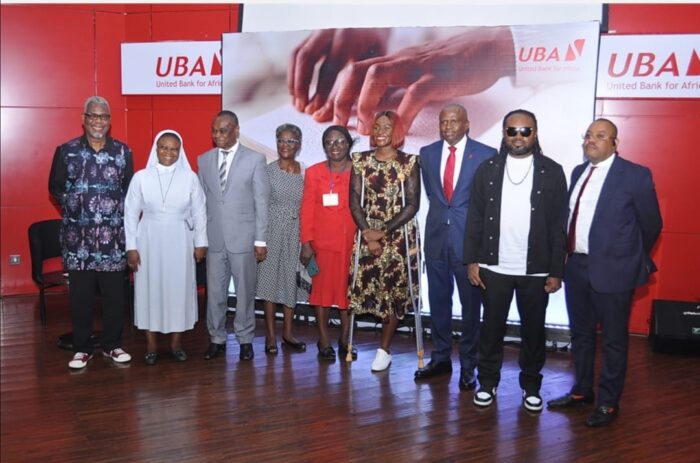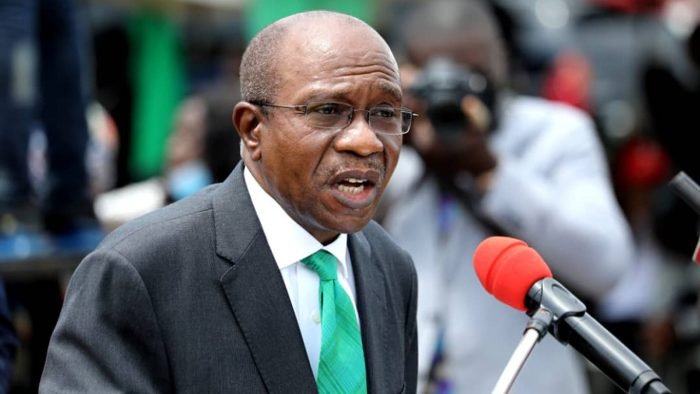286 total views today
By Lucy Ogalue
The African Development Bank (AfDB), says addressing plastic pollution requires effective multi-stakeholder partnerships among the government, private sector, youth groups and Civil Society Organisations (CSOs).
The Director-General, Nigeria Country Department of AfDB, Lamin Barrow, in a statement, was quoted to have spoken at a Webinar to commemorate the World Environment Day.
Barrow said that collaborative efforts would help to mitigate the challenges posed by plastic pollution and create a sustainable future for the continent.
”Nigeria and other African countries must explore new strategies to control, if not entirely eliminate, single use plastic.
”Among the crucial steps in combating plastic pollution is raising public awareness and educating citizens on environmental and health impacts of plastic waste pollution.
”Through comprehensive campaigns, leveraging various communications platforms, workshops and educational programmes, individuals can be sensitised to adopt environmentally friendly and sustainable practices to reduce, reuse and recycle plastic waste.
Barrow said by highlighting the negative consequences of plastic pollution and providing viable alternatives, awareness campaigns could inspire behavioural changes and promote responsible plastic consumption.
He said it was also important to mention some of the opportunities that plastics offered through repurposing and reuse.
According to him, the theme for this year’s World Environment Day is well-aligned with the AfDB’s priorities.
”Specifically, the 2023 edition of the African Economic Outlook inaugurated recently at the Bank Group’s Annual Meetings in Sharm El Sheikh, Egypt, underscores the need for increased private sector participation.
”In financing environmental and climate actions in Africa, with specific focus on the role of natural capital and application of circular economy approaches for the efficient utilisation of our environmental assets.
”Finding lasting solutions to plastics waste pollution in Nigeria requires a combination of hard and soft interventions along the plastics value chain.
”To this end, we commend the Federal Government for supporting the Nigeria Plastics Action Plan (NPAP),” the said.
According to the director-general, the plan provides a framework for stakeholder collaboration to tackle the problem of plastic waste pollution in the country, and promote circular economy practices.
Barrow restated the need for Nigeria to invest in infrastructure for waste collection, sorting and recycling.
”By establishing recycling facilities and encouraging waste segregation at source, the country can significantly reduce plastic wastes that end up choking landfills and the natural habitats.
”Strengthening partnerships with private sector actors, youth groups, Non-Governmental Organisations (NGOs) and local communities will help accelerate actions to implement sustainable waste management practices and create job opportunities in waste recycling.
”Another viable solution is the use of biodegradable alternatives to conventional plastic.
”Fiscal incentives and regulations can be deployed to stimulate adoption of biodegradable packaging by businesses, reducing demand for traditional plastics, thereby lessening plastic pollution.”
Barrow further said that implementing strict regulations and bans on single-use plastics was an effective measure to combat plastic pollution.
He urged government to take a queue from countries like Rwanda, which had successfully implemented such policies and regulations.
He said that Cote D’Ivoire, since 2014 had banned the production and use of plastic bags in the country.
”Nigeria can encourage industries to adopt sustainable practices and develop innovative solutions to reduce plastic waste throughout the supply chains.
”Promoting corporate social responsibility, supporting research and development of eco-friendly packaging, and establishing partnerships with organisations focused on sustainable development can further facilitate a more integrated approach to tackling plastic pollution,” he said.
The director-general reiterated some programmes the bank and its key partners had rolled out to address plastic pollution in Africa through the circular economy approach.
He named some of the programmes to include; host of the Secretariat of the Africa Circular Economy Alliance to spur Africa’s transition to a Circular Economy.
”The Bank also has established the Africa Circular Economy Facility as a multi-donor trust fund to provide grants to support the mainstreaming of the circular economy approaches.
”As an inclusive green growth strategy, this facility/Trust Fund will help African countries meet the goals of the Paris Climate Agreement, the Sustainable Development Goals (SDGs) and the African Union’s Agenda 2063.
”Nigeria can tap into this facility to support some of its work on the circular economy, including managing plastic pollution.
”More specifically for Nigeria, the AfDB and partners established the Nigeria Circular Economy Working Group in 2019.
”To provide a platform for key stakeholders including State Governments, Development Partners, the private sector and NGOs to share ideas, experience and coordinate actions to support the development of circular economy policies and bankable projects in Nigeria, among other projects.”
Barrow said with concerted efforts, sustainable solutions could be found to tackle the problem of plastic pollution, which poses a major threat to the environment, ecosystems and public health.
He said by raising public awareness, strengthening waste management systems, promoting biodegradable alternatives, implementing regulations, and fostering greater collaborative partnerships with industry and other Non-State actors, Nigeria could effectively address plastic pollution.
He, therefore, urged government, businesses, youth groups and communities to develop innovative partnerships to create a cleaner and healthier future.
The director-general urged the preservation of Nigeria’s natural beauty for the present and future generations, saying “We must say NO to single use plastics.”
Barrow assured the Bank’s strong commitment to supporting the endeavours to turn the challenges posed by plastic and other wastes into opportunities toward building a greener and circular economy.
Plastic pollution poses a significant environmental challenge worldwide.
It is estimated that seven billion tons of plastics are produced each year globally and about 21 million tons finds their way to the rivers, the seas, and the oceans where they can remain for a thousand years.
Only about 10 per cent of the plastics are recycled globally. The rest are dumped arbitrarily in open spaces, creating public health problems, damaging our ecosystem and defacing the aesthetics of our cities.
The story of Nigeria, Africa’s most populous nation, is not different.
Indeed, plastic pollution ranks among the topmost environmental challenges in the country, evidenced by the huge tons of plastic waste generated on a daily basis, particularly in our teeming cities and urban areas. (NAN) (www.nannews.ng)
===================
Edited by Remi Koleoso/Ese E. Eniola Williams













